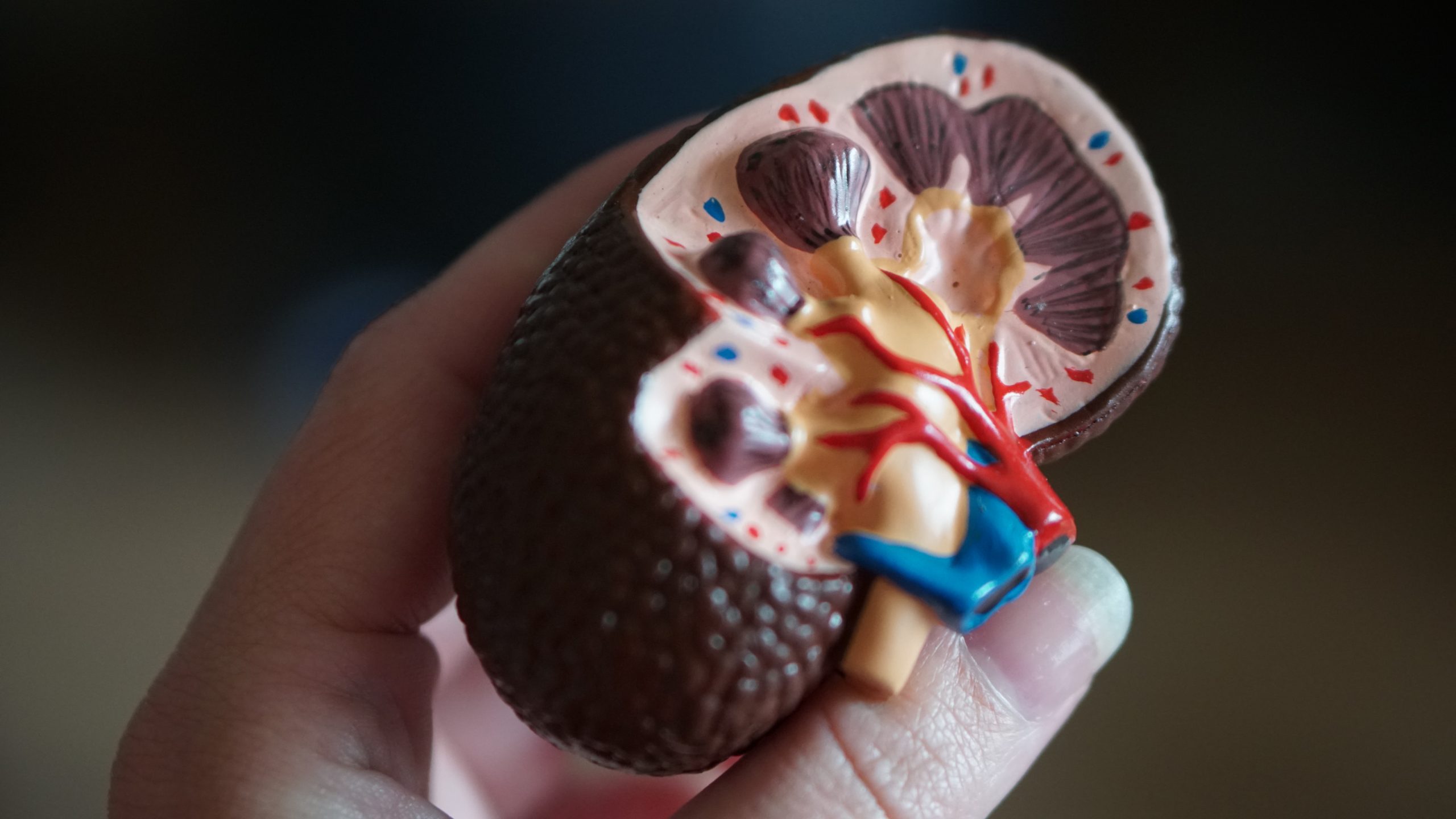Introduction:
Chronic Kidney Disease (CKD) is a prevalent condition characterized by the gradual loss of kidney function over time. In medical coding, the International Classification of Diseases, Tenth Revision (ICD-10) provides a standardized system for classifying and coding diseases. This article aims to provide a comprehensive overview of the ICD-10 code for Chronic Kidney Disease.
Definition and Prevalence:
Chronic Kidney Disease (CKD) refers to the long-term damage to the kidneys, leading to the gradual loss of their function over time. It is a global health issue affecting millions of people worldwide. CKD can be caused by various factors, such as diabetes, high blood pressure, glomerulonephritis, polycystic kidney disease, and other conditions that impair kidney function.
Symptoms and Complications: In the early stages, CKD may not cause noticeable symptoms. However, as the disease progresses, individuals may experience symptoms such as fatigue, weakness, loss of appetite, difficulty concentrating, sleep problems, muscle cramps, swelling in the feet and ankles, persistent itching, and changes in urination patterns. CKD can also lead to complications such as high blood pressure, anemia, bone disease, electrolyte imbalances, cardiovascular disease, and an increased risk of infections.
Diagnosis and Staging:
The diagnosis of CKD involves a combination of medical history, physical examination, laboratory tests, and imaging studies. Common tests include blood tests to measure kidney function (e.g., creatinine and estimated glomerular filtration rate), urine tests to assess protein and other abnormalities, and imaging techniques like ultrasound or CT scans to evaluate kidney structure. Staging of CKD is based on the estimated glomerular filtration rate (eGFR) and the presence of kidney damage, as described earlier.
Treatment and Management:
The management of CKD aims to slow down the progression of the disease, alleviate symptoms, and prevent complications. Treatment strategies may include lifestyle modifications, such as following a kidney-friendly diet (low in sodium, phosphorus, and potassium) and controlling underlying conditions like diabetes and hypertension. Medications may be prescribed to manage blood pressure, lower cholesterol, control blood glucose levels, treat anemia, and address specific symptoms or complications. In advanced stages of CKD, dialysis or kidney transplantation may be necessary.
Importance of Early Detection and Prevention:
Early detection of CKD is crucial to implement appropriate interventions and slow down the progression of the disease. Regular health check-ups, especially for individuals with risk factors, are essential. Preventive measures include maintaining a healthy lifestyle, managing underlying health conditions, avoiding tobacco use, limiting alcohol consumption, staying adequately hydrated, and avoiding overuse of certain medications that can harm the kidneys.
Chronic Kidney Disease ICD 10
Chronic Kidney Disease is coded under the N18 category in the ICD-10 classification system. The ICD-10 code for CKD is N18, which serves as the main category for various stages and specific types of CKD. Additional characters following N18 provide more detailed information about the severity and etiology of the disease.
ICD-10 Code Structure for Chronic Kidney Disease:
The ICD-10 code for Chronic Kidney Disease has the following structure:
N18 – Chronic Kidney Disease
Understanding the Stages of Chronic Kidney Disease:
While the ICD-10 code for CKD does not include specific stages, healthcare providers often document the stage of CKD using clinical criteria. The stages of CKD are commonly categorized as follows:
- Stage 1: Kidney damage with normal or increased glomerular filtration rate (GFR) (>90 mL/min).
- Stage 2: Mild decrease in GFR (60-89 mL/min).
- Stage 3: Moderate decrease in GFR (30-59 mL/min).
- Stage 4: Severe decrease in GFR (15-29 mL/min).
- Stage 5: End-stage renal disease (ESRD), characterized by significantly reduced GFR (<15 mL/min) and the need for renal replacement therapy (dialysis or transplantation).
Specificity and Documentation:
To provide more detailed coding for CKD, healthcare providers should document any additional information available, such as the specific stage of CKD or the underlying cause. Accurate and detailed documentation is crucial for proper coding and classification of CKD using the ICD-10 system.
Conclusion:
The ICD-10 code N18 is used to classify Chronic Kidney Disease. While the code itself does not specify stages or causes, healthcare providers should document additional information to accurately represent the severity and etiology of CKD. Proper documentation and coding facilitate accurate reporting, research, and management of Chronic Kidney Disease, an important health condition affecting numerous individuals worldwide.
My name is Phyllis Robinson MSN, RN. I have been a Registered Nurse for 27 years in the Cardiac Intensive Care Unit. I am passionate about cardiac care and heart disease. I also want this blog to be an educational tool that people can refer to for traditional and alternative treatment. I will blog on heart disorders such as high blood pressure, congestive heart failure, cardiomyopathy, and high cholesterol.
I received my Nursing degree from Baltimore Community College.
I went on to receive my Masters in Nursing from Walden University
I have worked for almost 30 years in Critical Care with a focus on heart health. I am an advocate of preventive healthcare.

